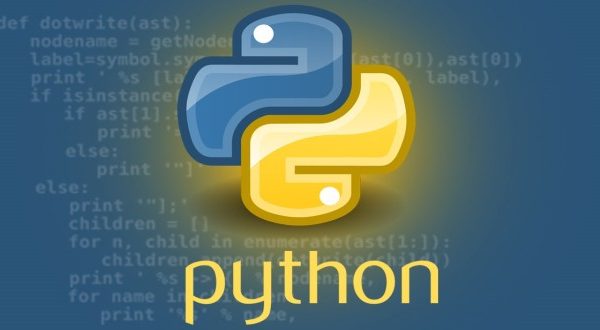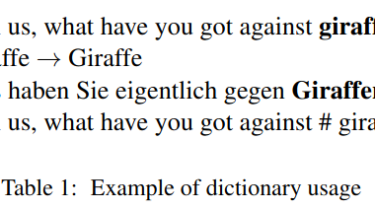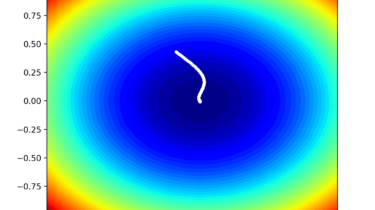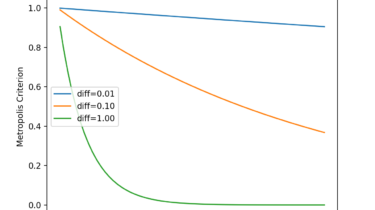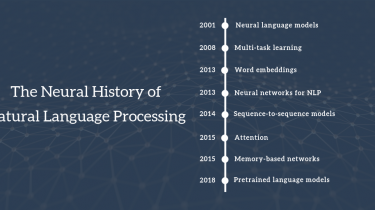Guide to Flask-MongoEngine in Python
Introduction Building a web app almost always means dealing with data from a database. There are various databases to choose from, depending on your preference. In this guide, we shall be taking a look at how to integrate one of the most popular NoSQL databases – MongoDB – with the Flask micro-framework. In this guide, we’ll be exploring how to integrate MongoDB with Flask using a popular library – MongoEngine, and more specifically, its wrapper – Flask-MongoEngine. Alternatively, you can […]
Read more